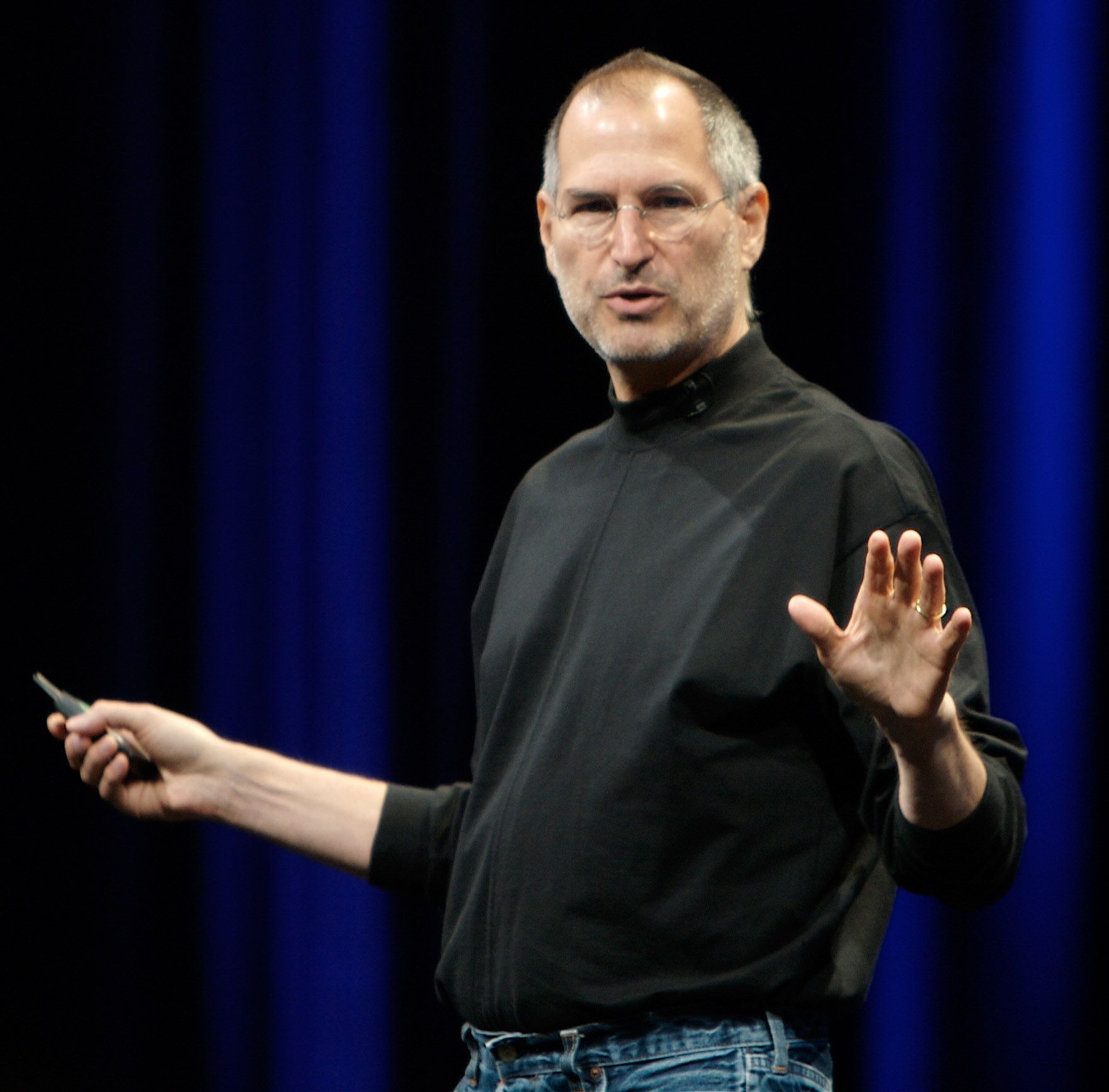I happened upon this article this morning in Scientific American on Steve Jobs and Leadership. In stating the obvious I am a fan of Mr. Jobs. However, while there are certainly aspects of his life to emulate, there are many others to denounce. For example, consider emphatic leadership. This is not an attempt to demoralize a gifted man. For turning around a business or career depends on which you choose. Jim Woods
The nearly three weeks since Steve Jobs’s death has been like an extended tribute to the first global head of state. The memorial ceremonies worldwide, the special commemorative issues and, today, the release of Walter Isaacson’s Steve Jobs, all bear testament to the Apple founder’s legacy. Jobs deserved it. As Isaacson pointed out on CBS’s 60 Minutes last night, Jobs transformed personal computers, telephones, even retail stores, among others—and he would have probably taken on television, if he had lived long enough.
Many heads of state assuredly do not merit such eulogies. Gaddafi is dead. And when the Turkmens turned out to mourn Saparmurat Atayevich Niyazov in 2006, they were probably secretly celebrating at least the recovery of the month of January, as Niyazov had renamed the first month of the year after his personal honorific, Türkmenbaşy.
One thread among the encomiums suggests that the world would be a better place if we just had more Steve Jobs in high places. Consider this from Thomas Friedman: “The melancholy over Steve Jobs’s passing is not just about the loss of the inventor of so many products we enjoy. It is also about the loss of someone who personified so many of the leadership traits we know are missing from our national politics.”
It would be unfortunate if the remembrance of Jobs spawns a legion of Steve wannabes. Jobs, in geekspeak, was an “N of 1.” Jobs’s perfectionism and design sense helped establish Apple’s signature “iBrands,” but these traits also transcended, to some extent, a toxic personality that could have served as a model for the Kevin Spacey character in the movie “Horrible Bosses.” In the film, Dave Harken implies that a promotion awaits one of his employees but ends up awarding it to himself. The Jobs equivalent: stiffing early Apple employees out of stock options when the company first went public. The guy was a…
In the weeks since his death, Jobs has been compared to Einstein and Edison. Maybe so. But the problem with using his interpersonal style as a management role model is that the rest of us, to parrot Apple advertising, will assuredly blow it. In business, the control freak boss—the emblematic Jobs model—is a recipe for unintentionally delivering your best employees as new hires to your closest competitors. Talk to us about leveraging your capabilities.
Millions of people have to manage others, and this challenge doesn’t necessarily bring out the best in us. A 2005 article by two psychologists from the University of Surrey, “Disordered Personalities at Work,” found that senior British executives were more likely to demonstrate histrionic personality disorder (grandiosity and lack of empathy among other traits) than criminal psychiatric patients at Broadmoor Special Hospital in Berkshire, England, and they were equally likely to show narcissistic (perfectionism and a dictatorial bent) and compulsive tendencies. Is it that this type of person is attracted to the job or the workplace encourages this type of behavior? Who knows? But entreating subordinates to “insanely great” levels of performance, to quote Jobs’s hyperbolic rhetoric, is more likely to initiate a collective bargaining drive than produce the next iPad.
Even Jobs may have been at his best when he left behind the persona of the old Steve. New Yorker writer James Surowiecki and author of The Wisdom of Crowds: Why the Many Are Smarter Than the Few and How Collective Wisdom Shapes Business, Economies, Societies and Nations, noted in that magazine how Jobs loosened up in recent years on his insistence on totally closed architectures. The old Steve might have forbidden MP3s on iPods and apps for iPhones and iPads. Giving up a modicum of control eventually propelled the company to heights it had never before experienced—and cemented Jobs’s legacy in the most histrionic terms imaginable.
via blogs.scientificamerican.com
Consulting, Speaking & Coaching. Driving Growth through Innovation
Innothink Group is a strategic management and innovation consultancy. Where many consulting firms are reluctant to bear risks or tie their rewards to project outcomes, we decided to build a better model. We align our success with yours. We’re outcome obsessed, outcome paid, putting over a third of our fees at risk subject o hitting predetermined milestones. More than a guarantee we wanted from the outset to create true partnerships.
For speaking, coaching or consulting inquiries contact:
+1 719- 649-4118
The purpose of this blog is to help you become a leader in your industry. I provide management consulting for those with any type of business problem. If I can't help you I'll find someone who can. Visit me at my website www.innothinkgroup.com or call me 719-266-6703.
Tuesday, May 8, 2012
Steve Jobs: A Genius, Yes; A Role Model for the Rest of Us, No Way - Scientific American
Labels:
Competitive Strategy,
compulsive tendecies,
Creative Leadership,
Innovate,
Innovation,
innovation blogs,
Innovation Strategy,
innovative leaders,
jim Woods,
jim woods innovation blog,
Ken Blanchard,
ken robinson,
monitor consulting,
Organizational Effecttiveness,
Steve Jobs,
Strategy Consultants
Subscribe to:
Post Comments (Atom)

No comments:
Post a Comment